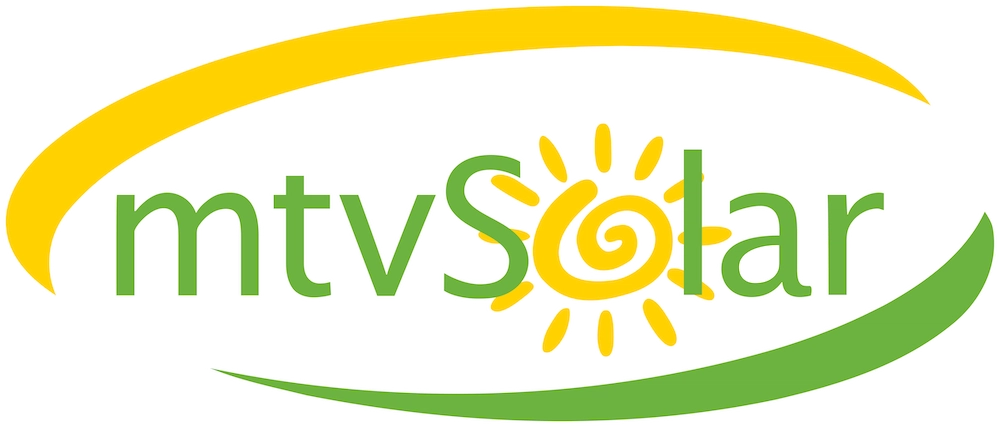Please enter a valid 5-digit zip code!
Written By Todays Homeowner Local Pros
Last Updated February 2024

Our Rating
User Rating
Reliable customer support
Clear pricing policy
Free quotes
Informative resources
Services Offered

Our Rating
User Rating
Free quotes
Clear pricing policy
Informative resources
Reliable customer support
Services Offered

Our Rating
User Rating
Reliable customer support
Free quotes
Informative resources
Clear pricing policy
Services Offered
Today's Homeowner looks at dozens of datapoints on solar companies to come up with our data-driven rankings. It's not possible for a company to pay for preferential treatment in our rankings. We look at the following key factors in determining who should top our list:
If you're looking to find a solar installer in West Virginia, consider this list the only one you'll ever need. Our team of home improvement experts found these 3 companies to have the highest experience, the best local reputation, and the highest long-term satisfaction rates. Today's Homeowner is proud to be trusted by homeowners across the country as a top source for home improvement advice and local contractor recommendations. Learn more about our methodology here.
60°F
45°F
52%
86lbs CO2e/yr
3.68"
$870/yr
The first big decision you'll make when planning your solar system is what panel type to use. There are three main types to choose from, and you can decide which one is right for you based on your budget and the design of your home.
In the very hot summers of West Virginia, you'll get the best results from monocrystalline panels. Each black-hued cell has only one silicon crystal, meaning you can generate additional energy with a small array. They're the costliest of the three kinds because of their more complex manufacturing process, but you'll save more in the long run due to their higher efficiency under pressure.
Polycrystalline solar panels have dark blue cells made of multiple silicon fragments. Aside from their lower average cost, they have a less wasteful manufacturing process.
Although you can design a fairly efficient system with polycrystalline panels, it'll have a bigger physical footprint when compared to a monocrystalline array with the same capabilities.
Thin-film solar panels use a variety of metal alloys instead of silicon crystals. Some homeowners choose them for their light weight or ability to fit on non-rectangular roofs. Others pick them for their high heat resistance and low-light performance. Thin-film arrays are a good choice for value in more "partly sunny" areas of West Virginia. They keep their efficiency as temperatures fluctuate and work with many different roof shapes.
However, they take up more space than monocrystalline or polycrystalline panels, and you may have better-performing options if your property has high solar potential.
While certain terms may vary based on your contractor and panel model, you may be able to make use of these financing tools to keep solar power as affordable as possible:
Those who purchase and install residential solar panels could be entitled to financial incentives or other benefits from their local government or power company, such as:
Here's a brief look at the state of solar energy in West Virginia.
Want more information on West Virginia's solar opportunities, incentives, and regulations? Visit these online pages and reference guides:
Because they can provide power to your entire home, solar photovoltaic systems will give you more value and cost savings in the long run. However, if you want to install fewer panels or your home doesn't receive enough direct sunlight, consider a solar thermal system and start small.
Solar energy is more effective and versatile than other renewable energy sources. You can utilize solar power for any appliance or fixture in your home or send it to the grid for more savings.
In today's market, homeowners can choose from three main types of solar panels: monocrystalline, polycrystalline, and thin-film. Monocrystalline panels are the most efficient, with a conversion rate of approximately 22%. Polycrystalline panels convert around 17%, and thin-film panels convert only around 15%.
There are a few key topics to research and questions to ask for every contractor on your shortlist. Make sure that the company is licensed and insured according to West Virginia regulations. Also, ensure that the company is registered with the Solar Energy Industries Association (SEIA) and the local chapter of the Better Business Bureau, and that it has a good reputation and sufficient experience installing solar systems like the one you want.
For your solar panels to do their job effectively, you'll want to ensure you have enough sunlight in your area. West Virginia has daily sunlight levels below the national average, but this doesn't mean that solar is unviable for your specific home. For specific details on your property's solar viability, visit a website like PVWatts and discuss your findings with your contractor.
The most ideal time of year to install solar panels is in the fall or spring when the temperature is still pretty cool. This way, your new system will perform more efficiently, and you'll experience the best possible savings during the summer or winter months when energy use trends higher.
It likely will. Many insurance companies will provide benefits to their customers if something happens to their solar panels, so long as it was added to the policy prior to the accident. Before purchasing your new system, you should contact your agency for information about what your policy will cover. Be aware that since solar panels add value to your home, your premium will increase.